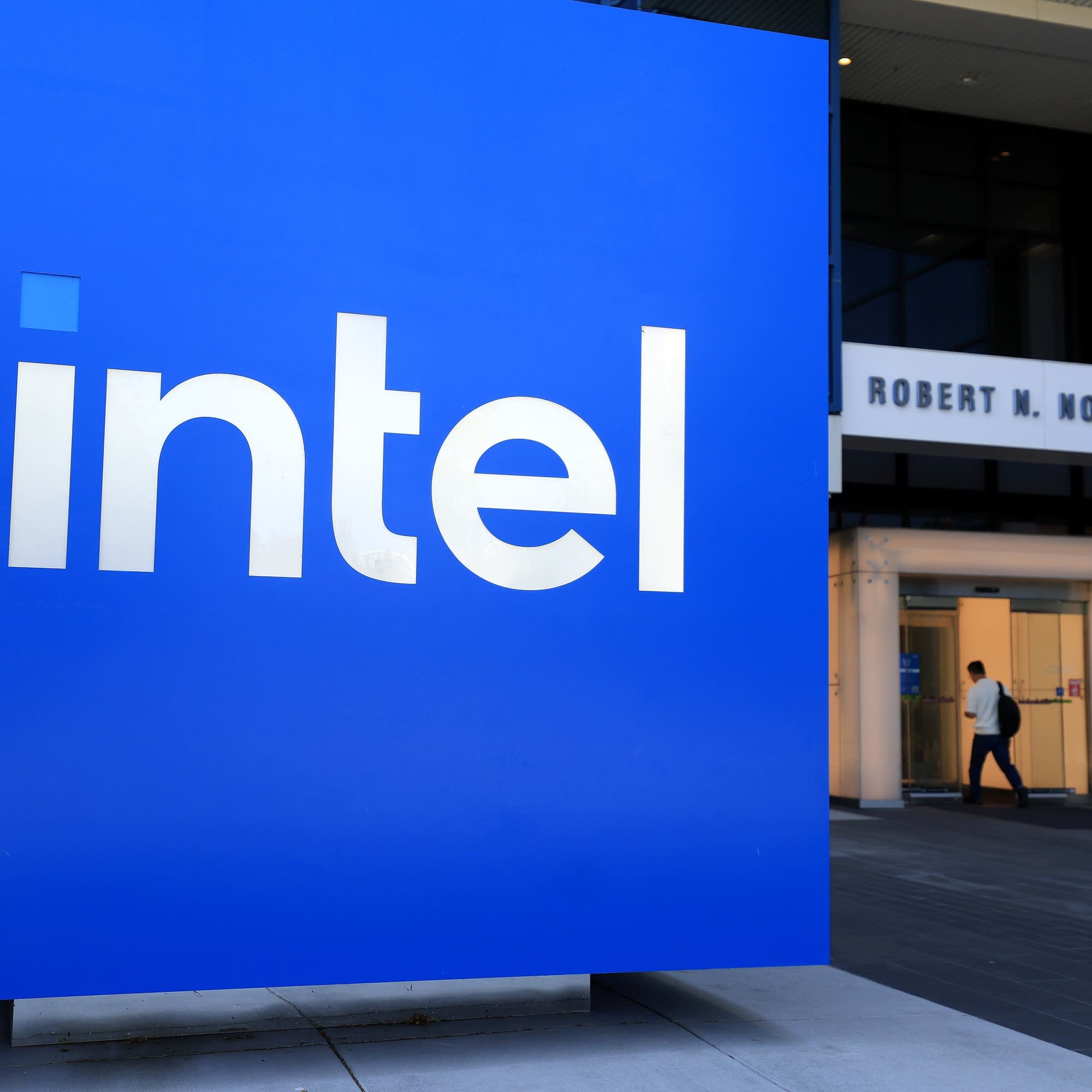
🤖 AI Summary
Overview
This episode explores the economic implications of government ownership in private companies, focusing on Intel's recent deal with the U.S. government. It also examines the ripple effects of tariffs on consumer prices, corporate strategies, and the evolving retail landscape for fall fashion. Additional segments delve into corporate de-conglomeration trends and the growing popularity of family compounds and caddy services.
Notable Quotes
- The evidence is irrefutable from every country we can think of—governments are poor owners.
- Kanan Ramaswamy, on the pitfalls of government ownership in private companies.
- If everybody's sort of facing the same game, they know they all can't keep prices low forever and take a hit to the profit margins—they're going to start raising them more rapidly.
- Menzie Chen, on the long-term inflationary impact of tariffs.
- Investors, like coffee snobs, prefer their firms pure and single source.
- Jared Harford, on the benefits of corporate de-conglomeration.
💼 Government Ownership in Private Companies
- Intel's SEC filing highlights risks tied to the U.S. government owning a 10% stake, including potential adverse effects on business decisions and customer relationships. (Kai Ryssdal)
- Todd Tucker argues that public investment should yield public benefits, while Michael Strain warns of Intel prioritizing political optics over profitability.
- Comparisons are drawn to China's mixed success with state-owned enterprises and the U.S. government's temporary ownership of companies during the 2008 financial crisis. (Nova Saffo)
📈 Tariffs and Consumer Prices
- Tariffs have not yet caused significant inflation due to staggered price hikes and companies absorbing costs. (Justin Ho)
- Strategies include sourcing from countries with lower tariffs, sacrificing profits, and delaying expansion plans. (Sarah House)
- Economists predict eventual price increases as companies can no longer absorb tariff costs, potentially leading to a snowball effect on inflation. (Menzie Chen)
☕ Corporate De-Conglomeration Trends
- Keurig Dr. Pepper's $18 billion acquisition of JDE Peet's will lead to a split between coffee and soft drink divisions, reflecting a broader trend of corporate de-conglomeration. (Daniel Ackerman)
- Experts like Dwayne Stanford and Laura Bourne note that focused business models often boost valuations and investor confidence.
- Risks include duplication of back-office services, but benefits like agility and clarity for investors outweigh these challenges. (Eric Lewandowski)
🏡 Family Compounds and Housing Trends
- Olivia D’Angelo shares her experience living on a family compound in Mississippi, highlighting the benefits of close-knit family living and shared resources.
- The concept has sparked polarized reactions online, with some viewing it as idyllic and others as overly intrusive. (Kai Ryssdal)
- Rising housing costs and economic uncertainty may drive more families to consider multi-generational living arrangements.
⛳ The Caddy Economy
- Golf caddy services are experiencing a resurgence, driven by app-based platforms like Caddy Now and Club Up. (Max Adler)
- Despite limited availability at courses, demand for caddies remains high, with adults and experienced professionals increasingly filling these roles.
- Caddies enhance the golfing experience, akin to high-end restaurant servers elevating dining. (Kai Ryssdal)
AI-generated content may not be accurate or complete and should not be relied upon as a sole source of truth.
📋 Episode Description
President Trump's recent deal with Intel gives the U.S. government a 10% ownership stake in the company. But today, Intel responded with a regulatory filing, outlining all of the ways this deal could go sideways. We take a look at the unintended consequences of governments owning companies. Also on the show: why prices have been slow to rise in response to tariffs and what to expect from the fall retail season.
Every story has an economic angle. Want some in your inbox? Subscribe to our daily or weekly newsletter.
Marketplace is more than a radio show. Check out our original reporting and financial literacy content at marketplace.org — and consider making an investment in our future.
